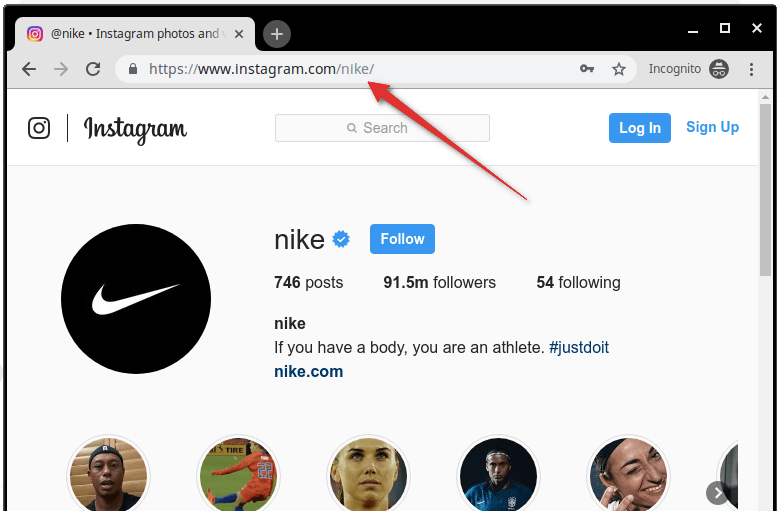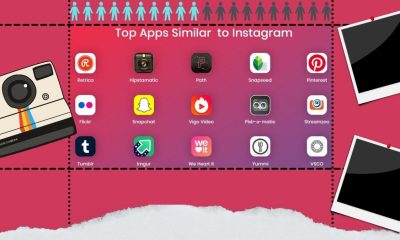News
WeWork IPO

* WeWork released its much-anticipated S-1 filing to go public earlier this week.
KEY POINTS
* The filing lays the groundwork for what is widely expected to be one of the largest IPOs of the year, but also details the myriad risks WeWork is likely to face once it goes public.
* Accelerating losses, expensive lease agreements and CEO Adam Neumann’s complex relationship at the company are among the risks it faces.
WeWork’s long-rumored IPO was announced this week by way of one of the most talked-about S-1s in recent history. The We Company, the parent of WeWork, released an S-1 loaded both with new information about the company’s financials and with some made-for-Twitter language. (“We dedicate this to the power of We — greater than any one of us, but inside each of us” is in the document’s opening.)
Among the more relevant financial revelations:
- WeWork is growing fast. Between 2017 and 2018, revenue doubled to an astounding $1.7 billion.
- But its base profit is thin. Of that $1.7 billion made in 2018, WeWork spent $1.5 billion just on operating its locations.
- And it’s hemorrhaging money. In the first 6 months of 2019 alone, WeWork lost nearly $690 million.
Whatever the financial implications of The We Company’s S-1, the company reports a rapidly growing worldwide customer base of 537,000 members. WeWork might have some questionable economics and dramatic language, but co-working, as a trend, clearly isn’t some flash in the pan.
And while WeWork may be a giant in the co-working space, it is far from the only player. While there are other co-working franchises competing directly with WeWork, such as IWG (a flexible workspace provider founded in 1989 as Regus), there are also many other niches within the broader co-working market:
- Community-specific co-working spaces. The Wing, which WeWork is an investor in, is a network of co-working and community spaces designed for women.
- Co-living companies. Companies like Quarters, Roam, Outsite, and The We Company’s WeLive combine the concept of co-working spaces with shared living spaces
- Co-working apps. Deskpass and LiquidSpace give co-workers access to a variety of spaces, while Yardi Kube and Cobot make it easy for business owners to manage a co-working space.
And with more and more companies hiring for remote work, flexible working spaces are only going to become more necessary, making co-working spaces both a vital service and an exciting market. WeWork’s future might be a topic of debate, but co-working is very much here to stay.
UpDate: The We Company, better known as WeWork, disclosed that it is unwinding a much-criticized deal that awarded CEO Adam Neumann $5.9 million for use of “we” trademarks. The company also said it intends to appoint Frances Frei, a Harvard Business School professor and consultant, to its currently all-male board.
-

 Marketing Tips3 days ago
Marketing Tips3 days agoWhat is my Instagram URL? How to Find & Copy Address [Guide on Desktop or Mobile]
-

 Business Imprint4 days ago
Business Imprint4 days agoAbout Apple Employee and Friends&Family Discount in 2024
-

 App Development4 days ago
App Development4 days agoHow to Unlist your Phone Number from GetContact
-

 News5 days ago
News5 days agoOpen-Source GPT-3/4 LLM Alternatives to Try in 2024
-

 Crawling and Scraping5 days ago
Crawling and Scraping5 days agoComparison of Open Source Web Crawlers for Data Mining and Web Scraping: Pros&Cons
-

 Grow Your Business3 days ago
Grow Your Business3 days agoBest Instagram-like Apps and their Features
-

 Grow Your Business5 days ago
Grow Your Business5 days agoHow to Become a Prompt Engineer in 2024
-
Marketing Tips3 days ago
B2B Instagram Statistics in 2024











